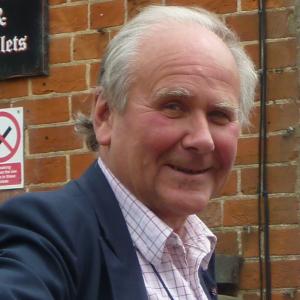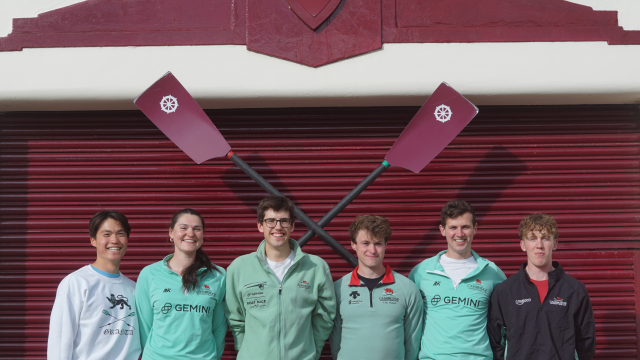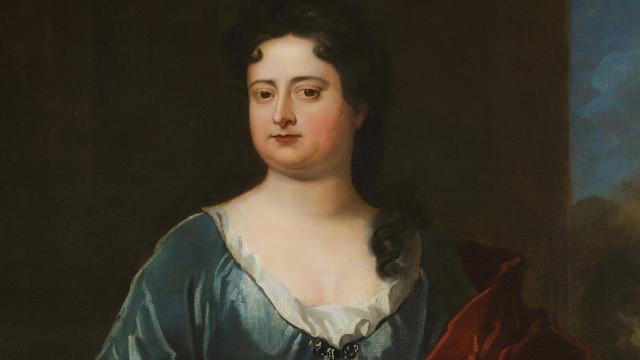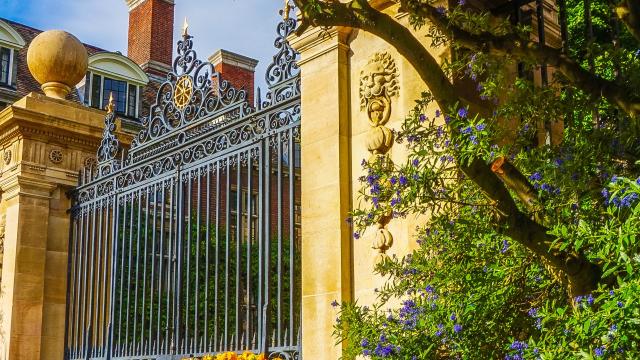
Richard Gardner studied Natural Sciences at St Catharine’s before doing a PhD in the University’s Physiology Department with Nobel Laureate Robert Edwards. In 1973 he was appointed to a University Lectureship at Oxford where, from 1978 till his retirement in 2008, he held a Royal Society Research Professorship. His research interests include investigating the fate of cells in early mammalian development and the properties of stem cells derived from early embryos. He was awarded the Zoological Society’s Scientific Medal in 1977 and was elected to the Royal Society in 1979. He received the March of Dimes Prize in Developmental Biology in 1999, the Royal Society’s Royal Medal in 2001, a Knighthood in 2005 and an Honorary Doctorate from Cambridge in 2012. For many years he chaired the Royal Society’s working group on ‘human embryo research’, and served recently as President of the Institute of Biology (now the Society of Biology). From 2007 to 2016, he also held an Honorary Visiting Professorship at the University of York.
For this work I devised a variety of microsurgical and micromanipulative techniques, one of which was transplantation of cells and tissue between blastocyst stage mammalian embryos. This came to be used very widely in work on genetic modification of mice with embryonic stem cells. My most recent work provided evidence for some degree of pre-patterning of the mammalian embryo.
- Gardner, R. L. (9 November 1968). "Mouse Chimaeras obtained by the Injection of Cells into the Blastocyst". Nature. 220 (5167): 596–597. doi:10.1038/220596a0.
- Gardner, R. L.; Papaioannou, V. E.; Barton, S. C. (1 December 1973). "Origin of the ectoplacental cone and secondary giant cells in mouse blastocysts reconstituted from isolated trophoblast and inner cell mass". Journal of Embryology and Experimental Morphology. 30 (3): 561–572. ISSN 0022-0752. PMID 4772385.
- Gardner, R. L.; Barton, S. C.; Surani, M. A. (1 October 1990). "Use of triple tissue blastocyst reconstitution to study the development of diploid parthenogenetic primitive ectoderm in combination with fertilization-derived trophectoderm and primitive endoderm". Genetical Research. 56(2–3): 209–222. doi:10.1017/s001667230003531x. PMID 2272512.
- Gardner, R.L. and Lyon, M.F. (1971). X-chromosome inactivation studied by injection of a single cell into the mouse blastocyst. Nature 231, 385-386.
- Gardner, R.L., Lyon, M.F., Evans, E.P. and Burtenshaw, M.D. (1985). Clonal analysis of X-chromosome inactivation and the origin of the germ line in the mouse embryo. J. Embryol. exp. Morph., 88, 349–363.
- Gardner, R.L. and Edwards, R.G. (1968). Control of the sex ratio at full term in the rabbit by transferring sexed blastocysts. Nature 218, 346–348.
- Gardner, R.L. (1985). Clonal analysis of early mammalian development. Phil. Trans. R. Soc, B; 312, 163–178.
- Gardner, R.L. and Cockroft, D.L. (1998). Complete dissipation of coherent clonal growth occurs before gastrulation in the precursor tissue of the fetus in the mouse. Development. 125,2397–2402.
- Brook, F.A. and Gardner, R.L. (1997). The origin and efficient derivation of embryonic stem cells in the mouse. Proc. Nat. Acad. Sci. 94, 5709–5712.
- Gardner, R. L. (2001) Specification of embryonic axes begins before cleavage in normal mouse development. Development 128, 839–847.
- Gardner, R. L. (2007) The axis of polarity of the mouse blastocyst is specified before blastulation and independently of the zona pellucida. Hum. Reprod. 22, 798–806.
- Gardner, R. L. (2010) Normal bias in the direction of fetal rotation depends on blastomere compositionduring early cleavage in the mouse. PLOS ONE 5, 1–5





